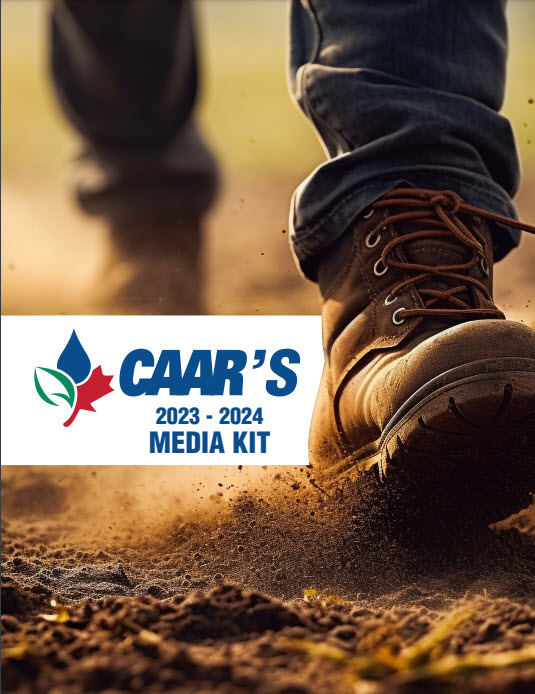Reminder, as reported in the last issue of the newsletter, Fertilizer Canada’s Anhydrous Ammonia Code of Practice has already been updated for January 2022 and is now available for download. The Ammonia Code provides uniform safety and security practices for the safe handling and storage of anhydrous ammonia at ag-retail facilities across Canada.
To download the updated report, click: https://fertilizercanada.ca/wp-content/uploads/2021/06/2022-Anhydrous-Ammonia-Code-of-Practice-July-2021.pdf
If you have any questions or would like to discuss the 2022 Anhydrous Ammonia Code membership, programs or services in more detail, please feel free to reach out to Executive Director Mitch Rezansoff at This email address is being protected from spambots. You need JavaScript enabled to view it.or 204-989-9303.
Related Articles
- Moving Canada’s grain CN and CPKC railroads detail their plans to provide Canada’s agricultural communities with the best possible service. But a port strike and continued episodes of wet weather can derail those plans. CN and CPKC rai...
- Great expectations Canadian predictions for corn, soybeans, and wheat and the dickens of a time it may have as it plays out against the complex machinations of a global background. By Andrew Joseph, Editor Canadian agriculture has...
- Training Disruptions CAAR Members please be advised that upgrades to "Training to Do" will disrupt training on June 27 & 28. Upgrades to Training to Do will disrupt access the following days and times. Tuesday, June 27, 7:00 ...
- Saskatchewan Agri-Food Exports Up 75 Per Cent in Q1 The government of Saskatchewan reports that the province's agri-food exports are surging in 2023 to an estimated $6 billion in the first quarter of 2023, up 75 per cent from the same period in 2022. Leading Saskat...
- Stay current on the latest technologies and sustainable practices with ASA virtual event The Sustainable Agronomy Conference will provide Certified Crop Advisers (CCAs), Agri-Sales Professionals, and growers with the opportunity to more fully understand and implement sustainable agronomy in the field. ...
 How to resolve AdBlock issue?
How to resolve AdBlock issue? 


Join the discussion...
You must be logged in as a CAAR member to comment.
Report
My comments